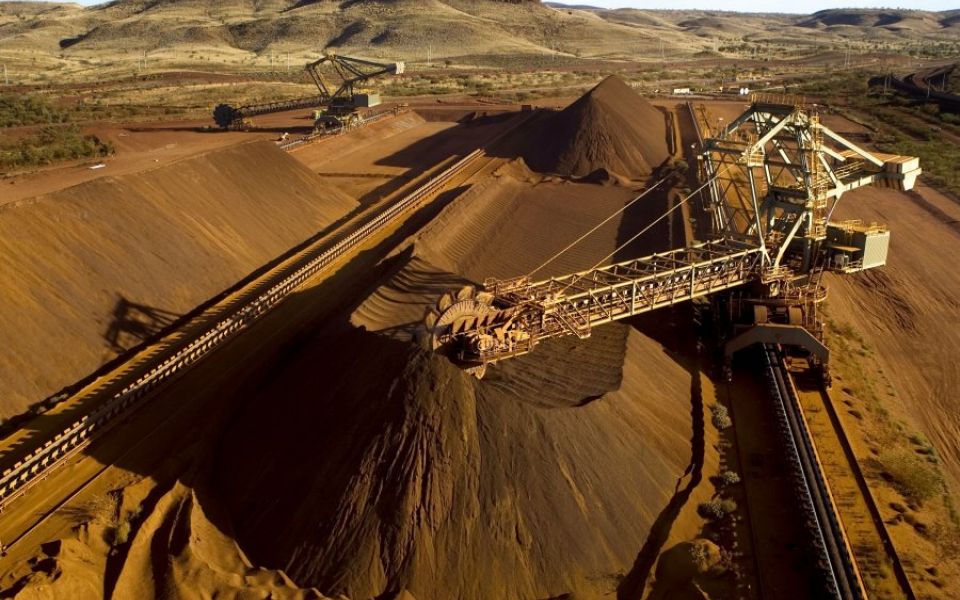
Should shareholders shudder as Rio Tinto mentions M&A?

During the last mining boom, chief executives of virtually all of the major resource stocks listed in the UK blew shareholders’ money on over-priced acquisitions. These purchases appeared to be more about ego and empire building than a sensible, prudent growth strategy. The M&A (mergers and acquisitions) splurge led to billions of dollars in write downs across the sector. But the new wave of management promised prudence, increased focus and improved shareholder returns.
The good news is that it appears that Rio Tinto’s management want to deliver on that promise. Recently, Rio Tinto announced its largest-ever annual dividend of $5.2bn – and added another $1bn to its $1bn share buyback programme. The dividend was about 5 per cent ahead of market expectations. The news came alongside full-year results that were more or less in line with what the City had expected. Underlying profits jumped by 69 per cent to $8.6bn boosted by the recent strength in commodity prices and a cost-cutting programme overseen by chief executive Jean-Sébastien Jacques.
Looking at things differently
“The strength of our cash flow is a result of resilient prices during the year coupled with a robust operational performance and a focus on mine to market productivity,” Mr Jacques said. Robust cash generation helped the group to reduce its debt by more than expected to $3.8bn. This is about $1.1bn lower than expectations and leaves the company with a gearing ratio – which is a measure of the group’s debt to its equity valuation – of just 7 per cent. The bulk of underlying earnings came from its main commodity, iron ore, at $6.69bn.
All of this is great news for shareholders, who have finally seen an improvement in returns. However, on the conference call, management said they would now consider making acquisitions. Chief Financial Officer Chris Lynch said that the group had a good capacity for deals and was “looking at a lot of different things.” Mr Lynch insisted that the group would be disciplined, with any deal needing the “right value outcome”. However, no executive has ever gone into M&A with the purpose of being undisciplined and destroying shareholder value, but that happens frequently.
Nevertheless, the company’s balance sheet is very strong and Mr Lynch said he “certainly wouldn’t rule out the idea of even better returns next year”. Essentially, management appear to think they can both improve returns to shareholders and make strategic investment, potentially in new commodities.
Rio is “in the unique position of being able to invest in high-value growth through the cycle, and consistently deliver superior cash returns to shareholders,” Mr Jacques also said.
Even after returns to shareholders have been improved, miners are likely to have $80bn in excess cash over the next three years, according to an analysis form Macquarie Group. This means that current management may have the best of both worlds, but a re-leveraging of debt into any slowdown would put the sector in danger of repeating history. However, there is no sign of that any time soon and the sector appears to be making hay while the sun shines. But Investors need to take care should any major deal be announced. Management would need to make a watertight case for the move.
Nothing on this website should be construed as personal advice based on your circumstances. No news or research item is a personal recommendation to deal.